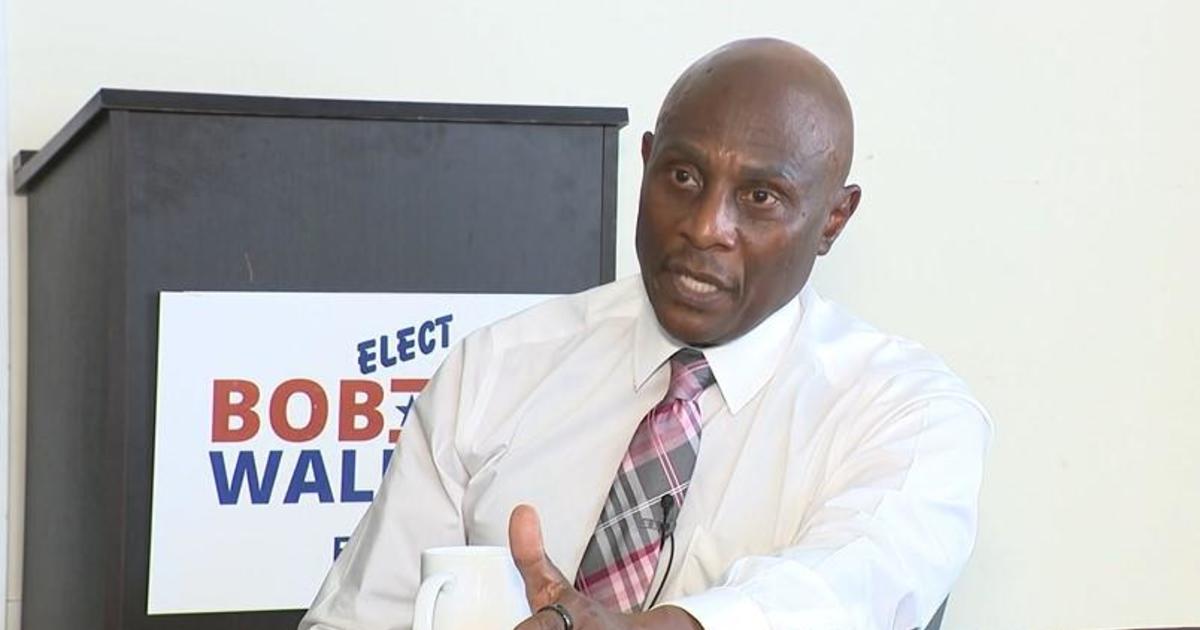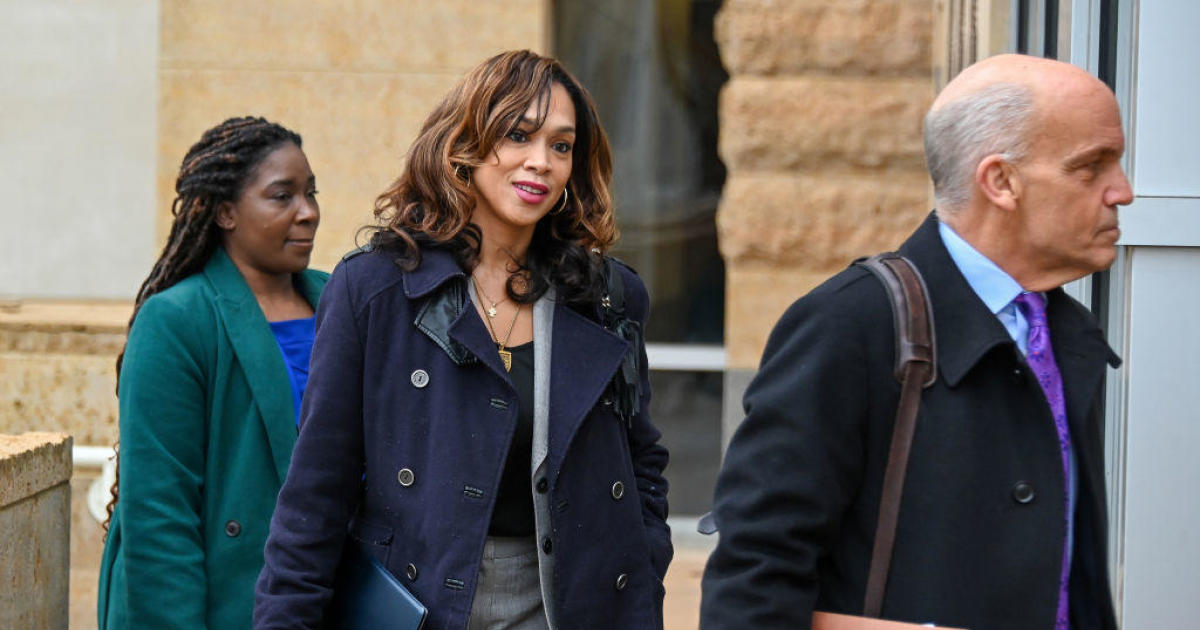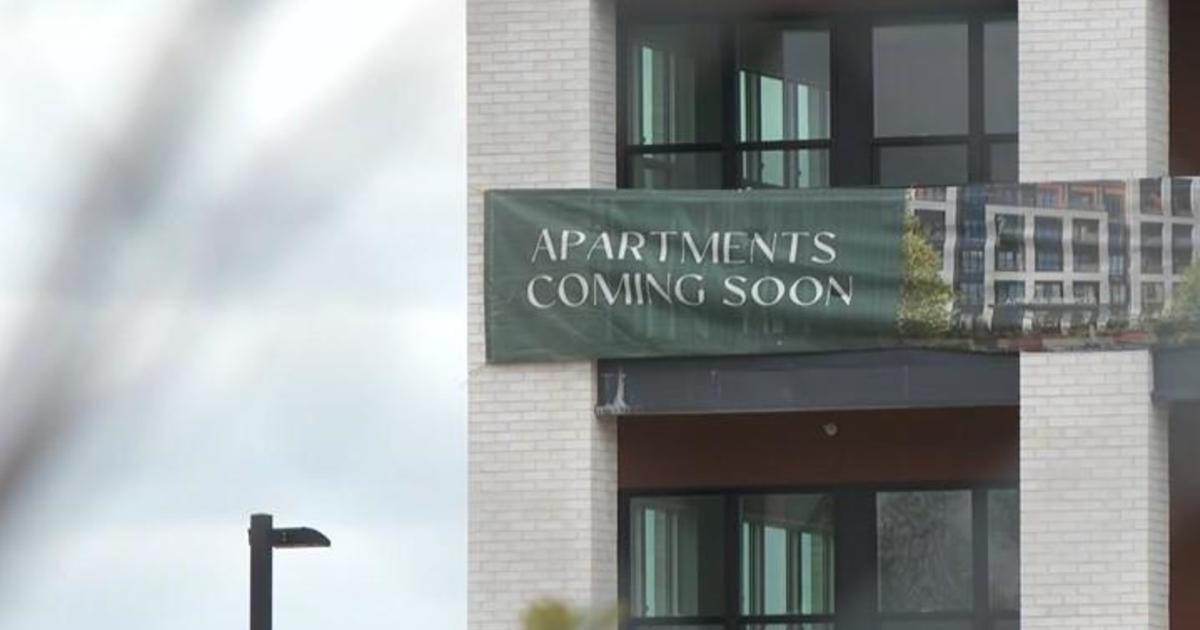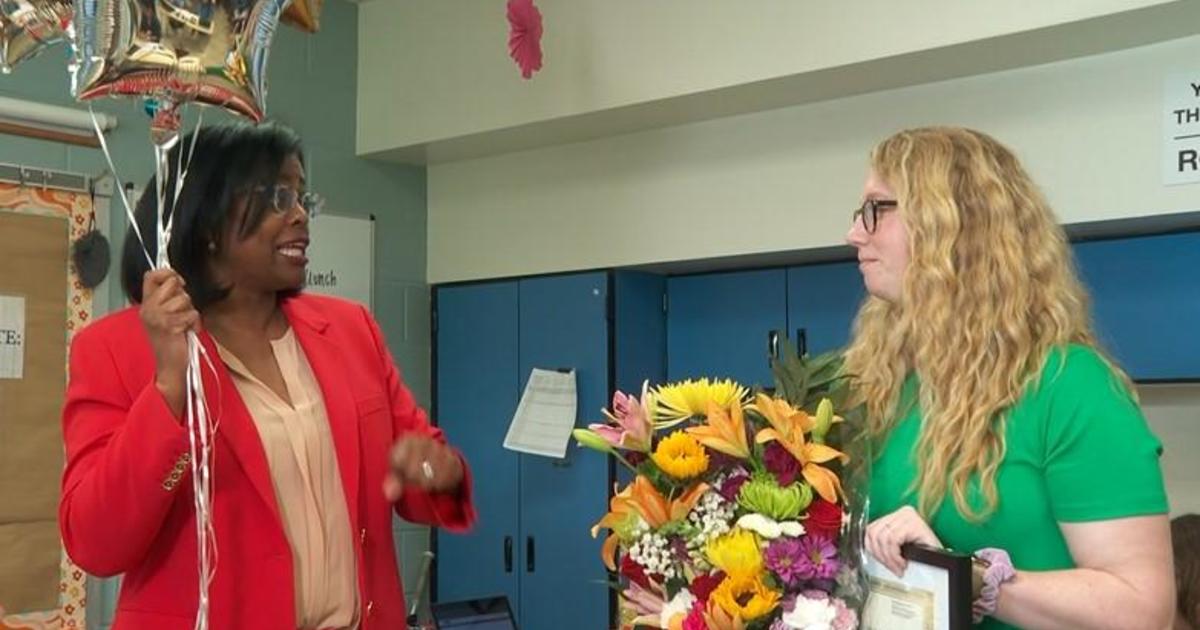Multi-billion dollar plan to solve Baltimore's vacant homes crisis disclosed
BALTIMORE - Mayor Brandon Scott announced a collaboration with business and faith leaders in what he calls "the largest investment in Baltimore neighborhoods in history."
This multi-billion dollar investment is designed to solve the city's vacant building crisis over the next 15 years.
The agreement with Baltimoreans United in Leadership Development, or BUILD, and Greater Baltimore Committee (GBC) calls for strategic public investment to redevelop a minimum of 37,500 properties, with a clear plan to address as many as 45,000 properties.
Mayor Scott's office pledged city investment of $300 million over 15 years to spark the project.
That money – and other funding to be sought from the state of Maryland and the private sector – will be used to generate as much as $3 billion to finance the redevelopment work throughout the effort.
"This historic partnership and the plan we're putting forward is designed to fully address Baltimore's vacant housing crisis for the first time in our city's history," Scott said. "The era of piecemeal work and backward-looking strategies is over. With this partnership and the plan we've designed together, Baltimore City finally has a roadmap for solving this crisis once and for all, utilizing both innovative funding streams and tried-and-true development strategies. For me, this work is personal. Vacant properties and the challenges they pose to neighborhoods have been a constant backdrop for my entire life. We now know the path forward, and with the City's partnership with BUILD and GBC, we will use every tool at our disposal to get it done."
The agreement commits to meeting key community development standards and values, including a commitment to leverage at least $2 in direct private investment for every $1 of public money spent, according to the mayor's office.
When BUILD joined the mayor last February, they called for a $7 billion plan to rid the city of vacant properties.
Monday night's announcement is less than half of that, but still ambitious.
Vacant properties have long plagued Baltimore City, blamed for blight, crime and other dangers.
Baltimore has roughly 13,000 vacant and abandoned houses and structures, more than 20,000 vacant lots, and tens of thousands more homes that are affected because they are next to vacant and abandoned properties.
"They going nowhere, but it's dangerous, though, if you don't fix 'em, like the loose bricks there up top," said Mike, who didn't give his last name. "You gotta catch the corner ones before they collapse."
Mike was seriously injured in September when a vacant home collapsed on him in September.
A February report detailed how thousands of homes are at greater risk of vacancy simply by being next door to a vacant home.
According to the agreement obtained by WJZ, representatives from BUILD, the Greater Baltimore Committee and Baltimore City are calling for a "whole blocks" approach to tackle blight in bulk.
"If you only do it one at a time, you never get that transformational work an entire block, for the entire community," George Hopkins, BUILD co-chair, said last February.
There has been progress on Baltimore's vacant property crisis.
In the past five years, there has been a nearly 20 percent decline in vacant building notices.
"When you invest in our neighborhoods, it will be to the benefit of the entire city," Scott said.
The dangers, though, are illustrated by tragedy.
A 2022 fire at a vacant Stricker Street rowhome killed three Baltimore City firefighters.
In October, a fire involving vacant rowhomes on Linden Heights Avenue killed another two firefighters.
The city resumed an initiative to mark unsafe, vacant buildings with reflective red squares to better notify fire responders of a property's condition.
Mike told WJZ that the right investment, with the right people, may work.
"They'll get fixed real quick," he said. "As long as you get the right people to do the job."
The mayor argued that this public/private investment will pay for itself over time.



